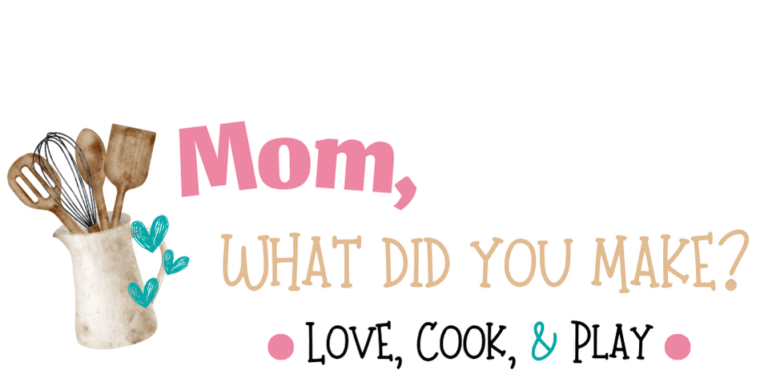
The teacher in me really wanted to write this blog, so here it goes. Cooking with your child offers more than just a messy helper in the kitchen and potentially delicious food. It is an opportunity to bond and teach valuable life skills. In today’s busy world, connecting with our children can be challenging. However, the kitchen offers a unique space to engage, educate, and enjoy quality time together.
Building Stronger Bonds
Cooking together is an activity that naturally fosters communication and teamwork. Whether preparing a quick dinner or whipping up a batch of cookies, each step in the process requires collaboration, which is an important skill. This teamwork helps strengthen the bond between you and your child as you work side by side, share stories, and create something together.
The kitchen also provides a space for meaningful conversations. As you stir, mix, and measure, you can talk about your day, share family stories, or enjoy each other’s company. These moments of connection are invaluable and can turn an ordinary task into a cherished memory.
Teaching Academic Skills Through Cooking
Cooking isn’t just about making food; it’s also an excellent way to teach your child academic skills in a hands-on, engaging way. Here’s how:
- Math Skills: Measuring ingredients is a practical way to teach math concepts such as counting, adding, fractions, multiplication, and division. For example, if a recipe calls for 1/2 cup of oil and you only have a 1/4 cup measure, your child can practice doubling or adding fractions.
- Reading and Following Directions: Recipes are a set of instructions that need to be read and followed. As your child reads through the steps, they practice reading comprehension and sequencing, which are essential academic skills.
- Science Exploration: Cooking involves plenty of science, from understanding how ingredients interact to observing chemical reactions. Why does baking powder make the dough rise? How does heat change a liquid batter into a solid cake? Discussing these questions while cooking can spark your child’s curiosity and make science more relatable.
- Fine Motor Skills: Tasks like stirring, pouring, and cutting (with appropriate supervision) help develop fine motor skills. These activities enhance hand-eye coordination and dexterity, which are essential for writing and other tasks.
- Creativity and Problem-Solving: Cooking allows for creativity. Your child may want to add a unique ingredient or decorate cookies in a fun way. It also teaches problem-solving, as recipes don’t always go as planned. What do you do if you’re missing an ingredient or if something doesn’t turn out as expected? These situations teach resilience and adaptability.

You Don’t Have to Start from Scratch
Cooking with your child doesn’t mean you must make everything from scratch. Using good-quality boxed mixes for brownies, bread, or cookies is a great way to get started. These pre-made mixes simplify the process, making it more accessible and less time-consuming while offering all the benefits of cooking together.
For instance, a boxed brownie mix still requires measuring, mixing, baking, and plenty of opportunities for your child to practice their math and reading skills. Plus, it leaves more time for the fun parts, like decorating and enjoying the finished product. In a later post, I will share the best-tasting brownie and cake mixes and hacks to make them taste like they were made from scratch.
Cooking with your child is a rewarding experience that goes beyond the kitchen. It’s a way to strengthen your relationship, teach essential skills, and create lasting memories. Whether baking from scratch or using a convenient boxed mix, the time spent together in the kitchen is invaluable. So next time you’re looking for a way to bond with your child, consider pulling out a recipe and spending quality time cooking food and having fun.

